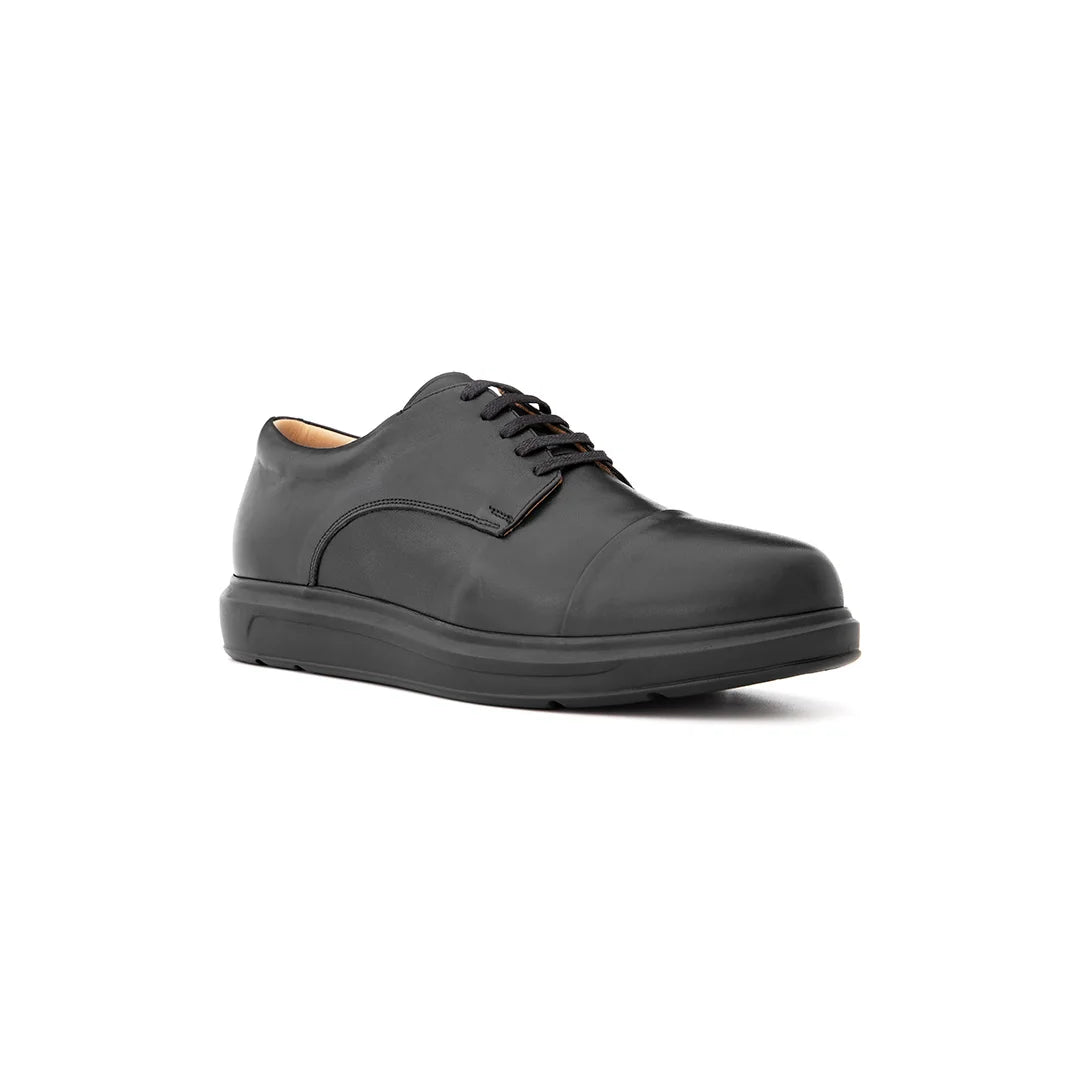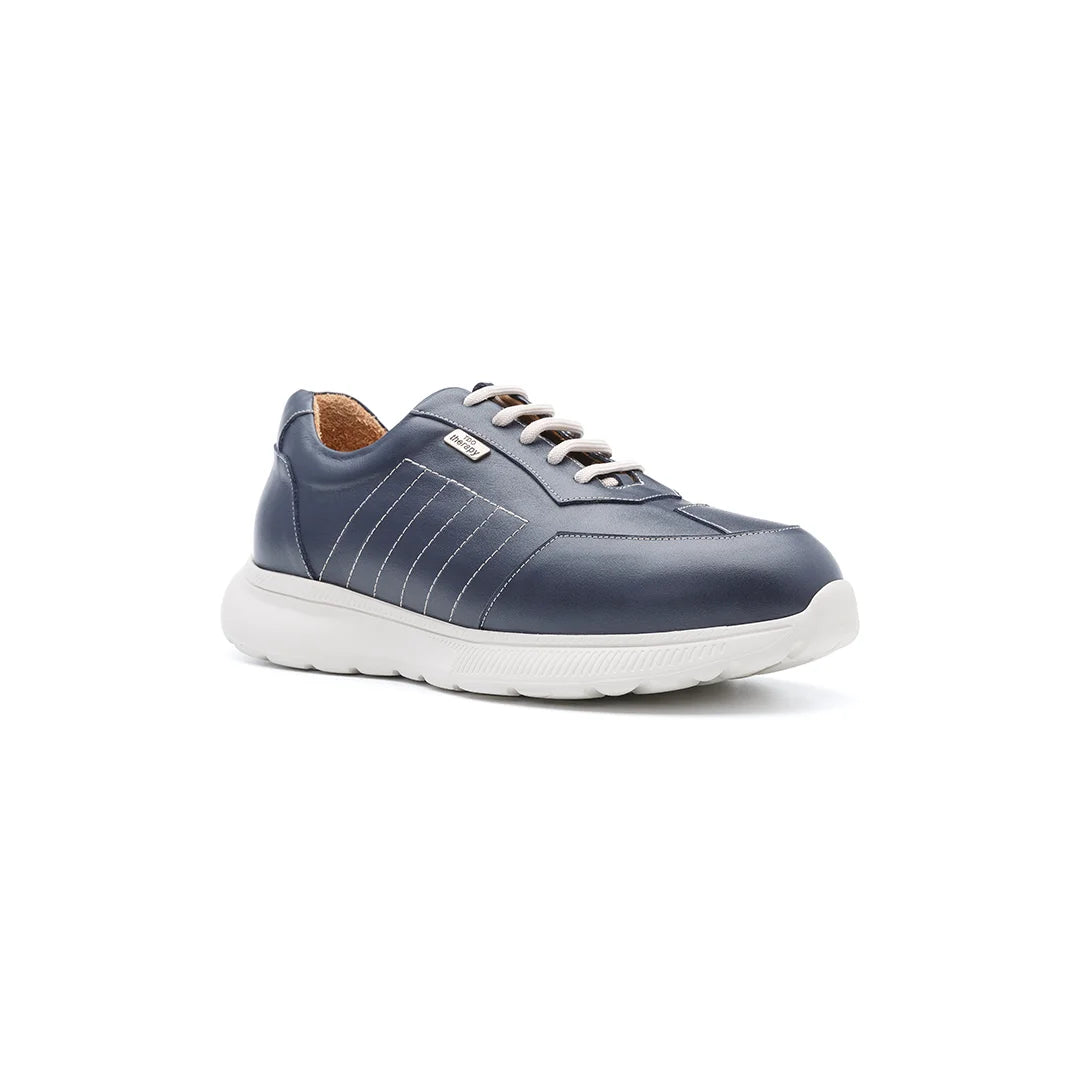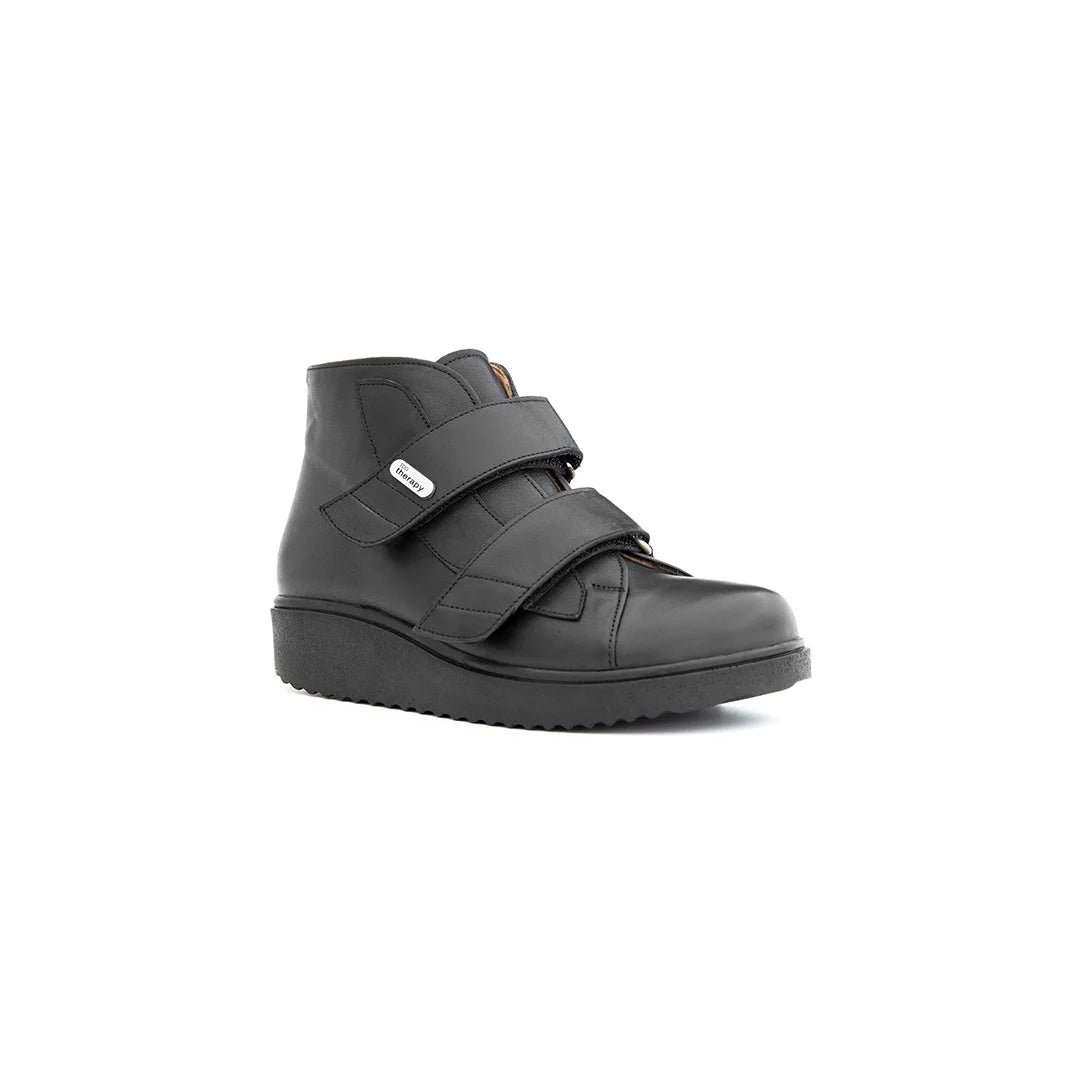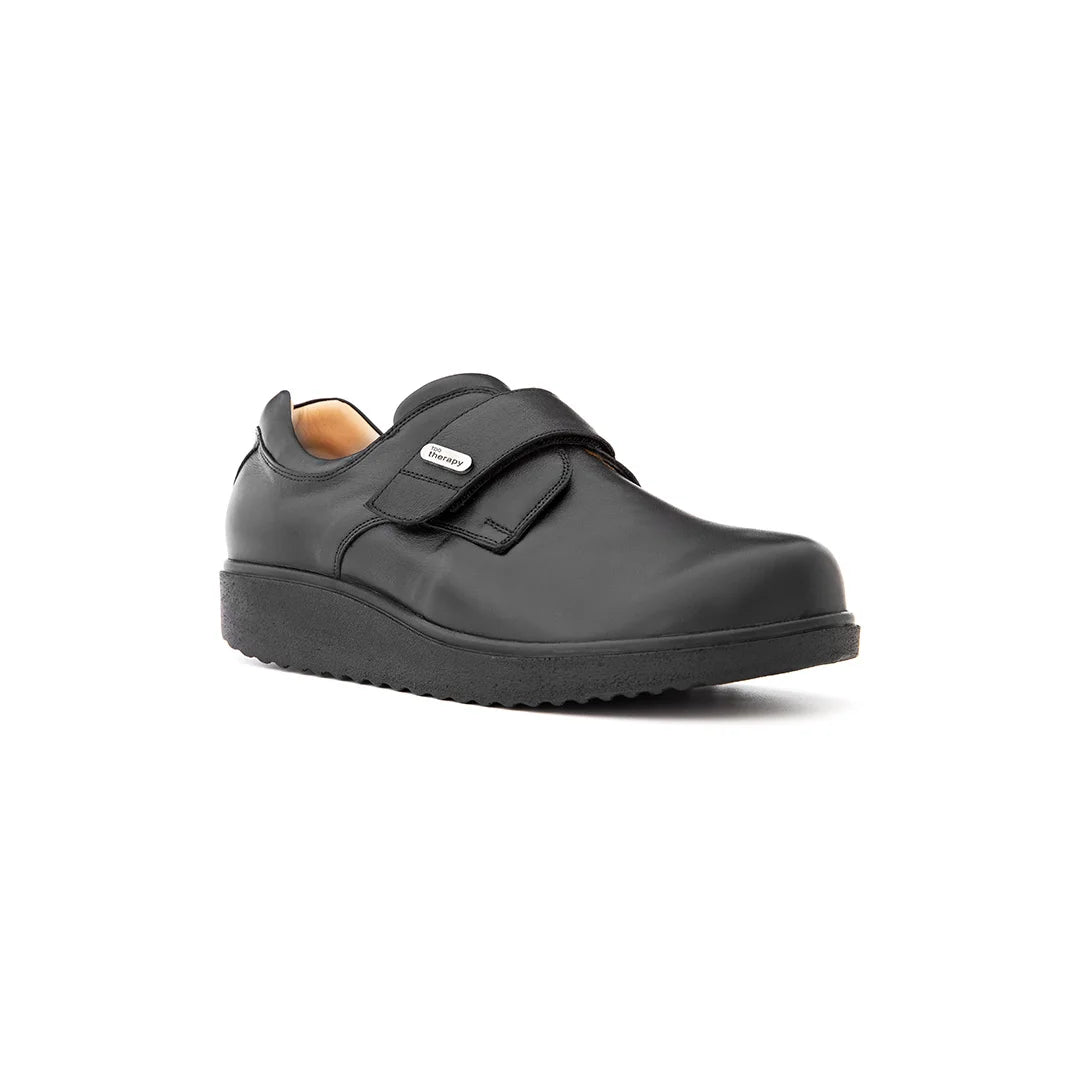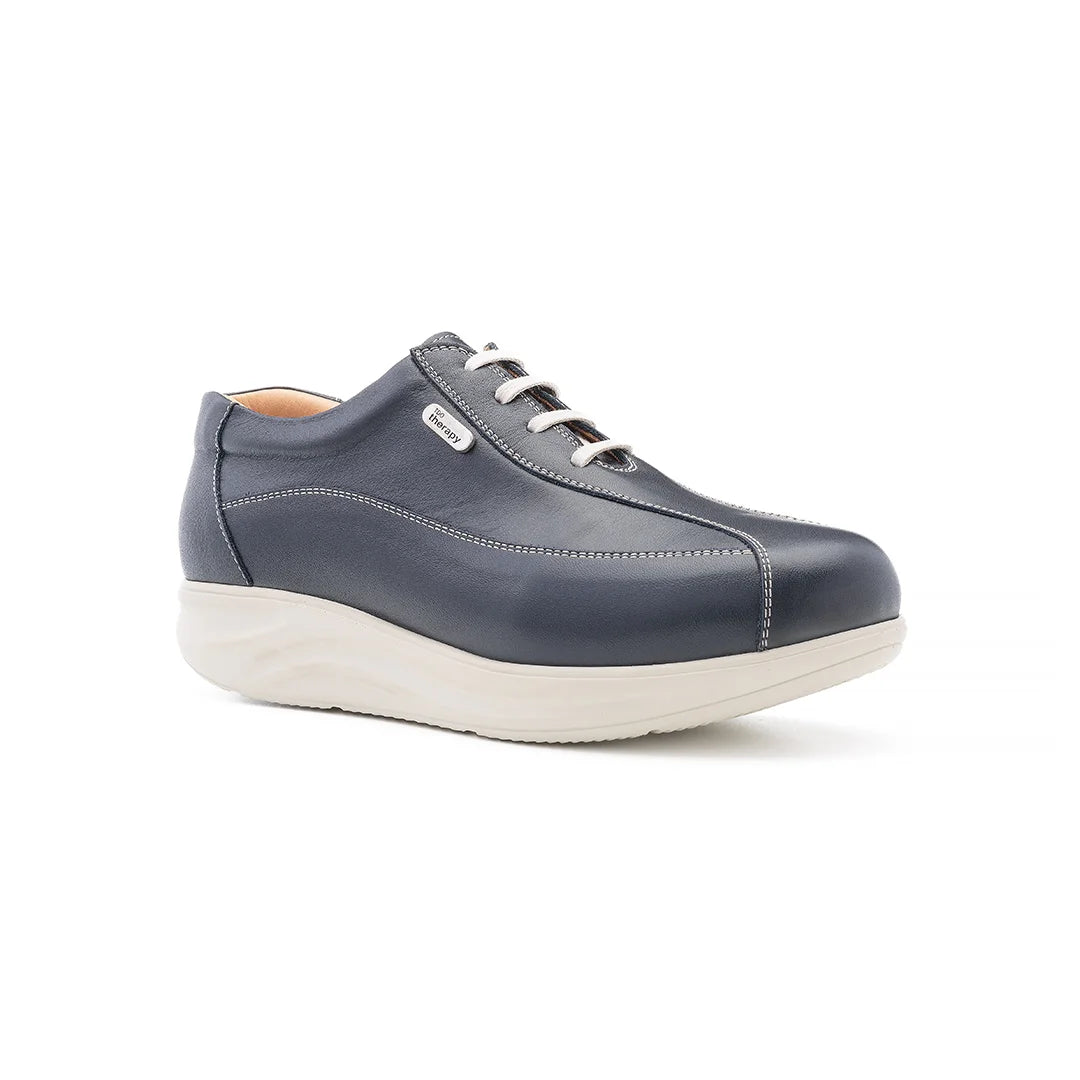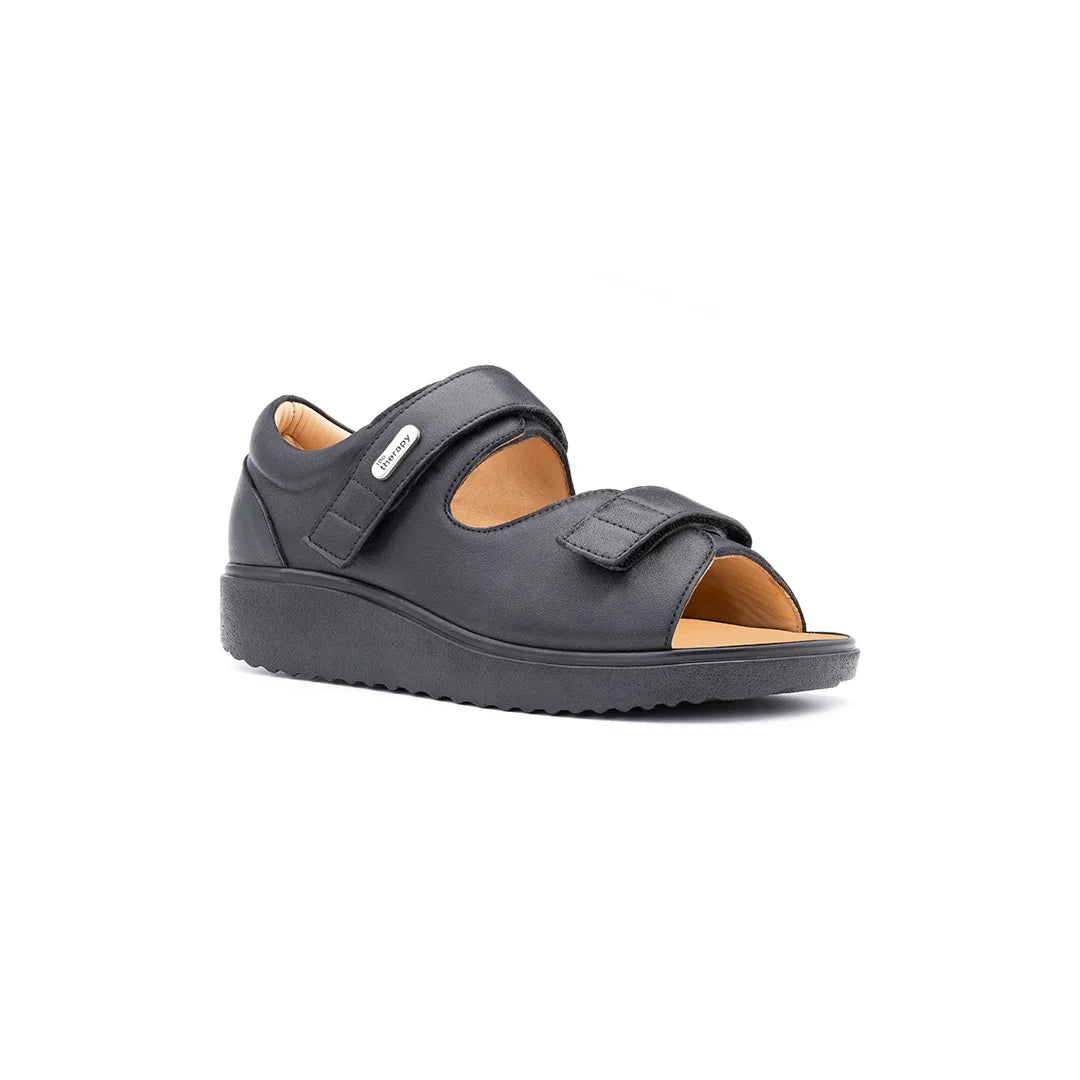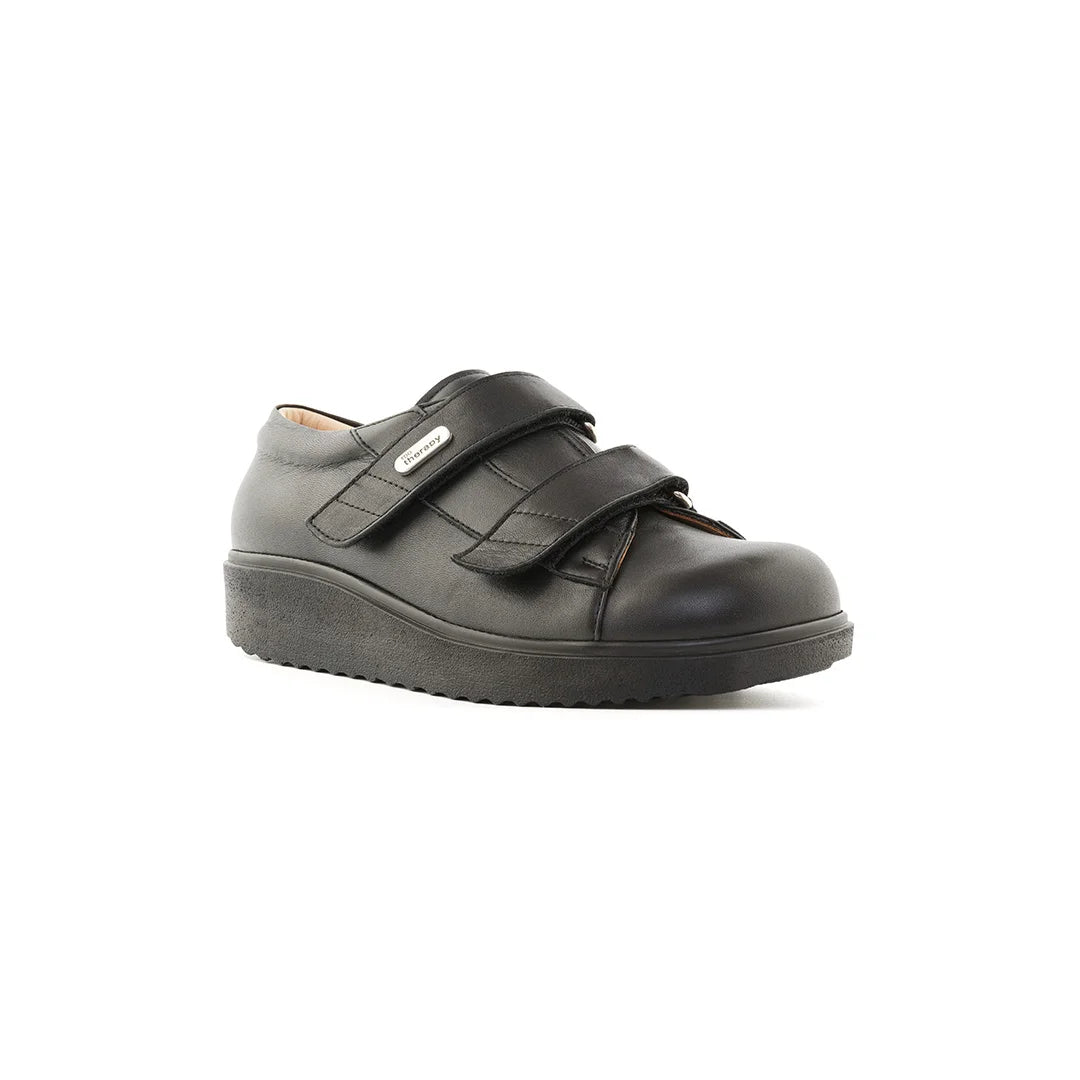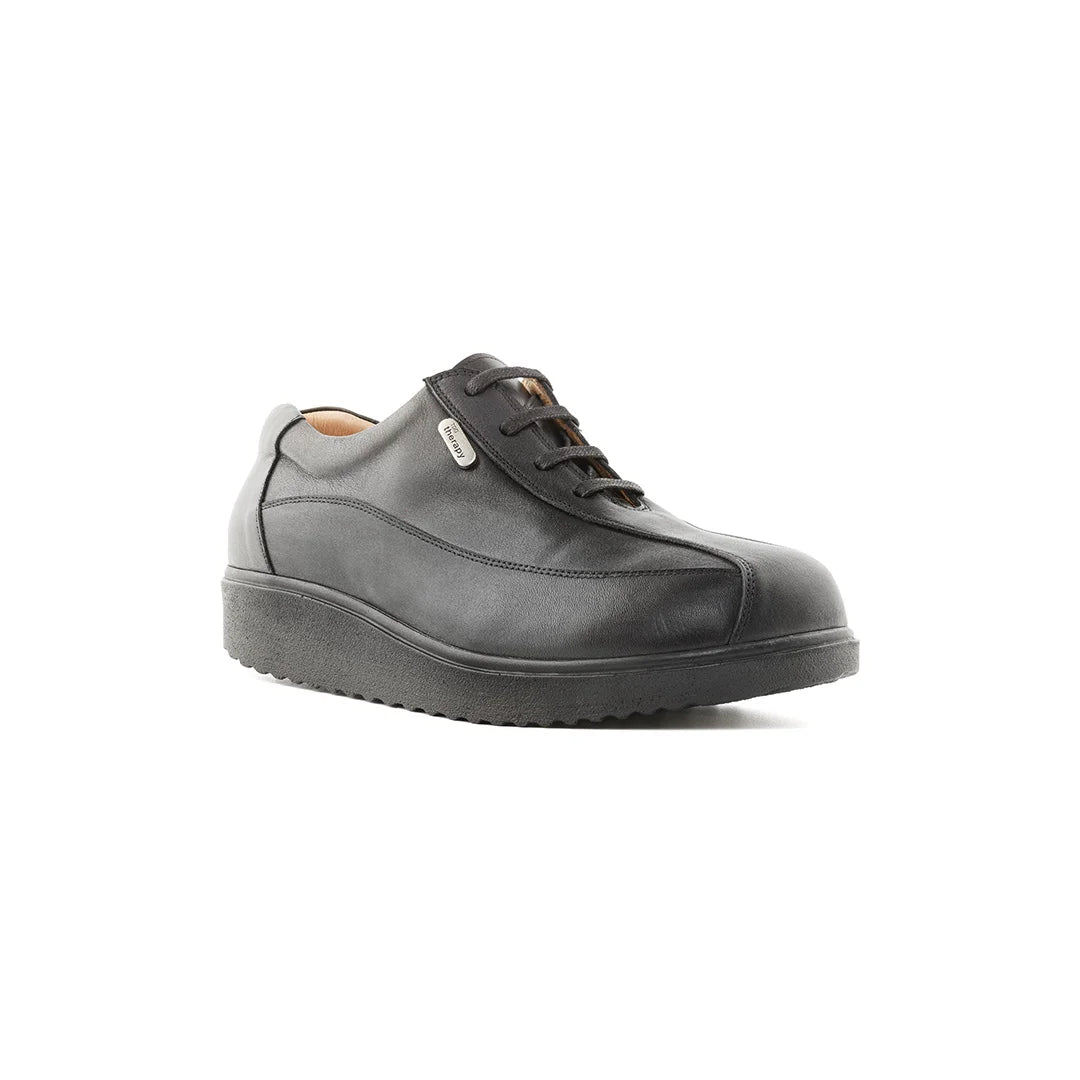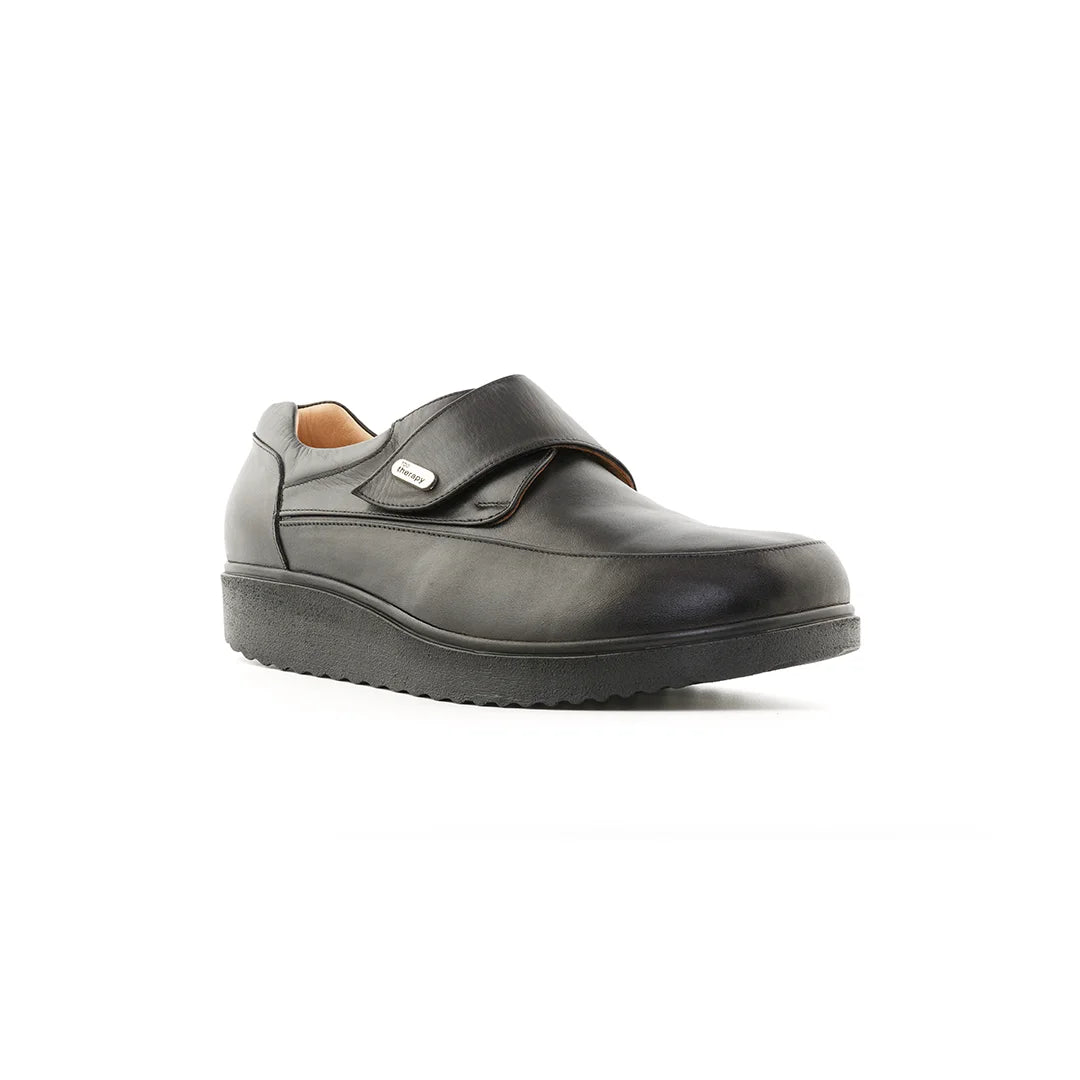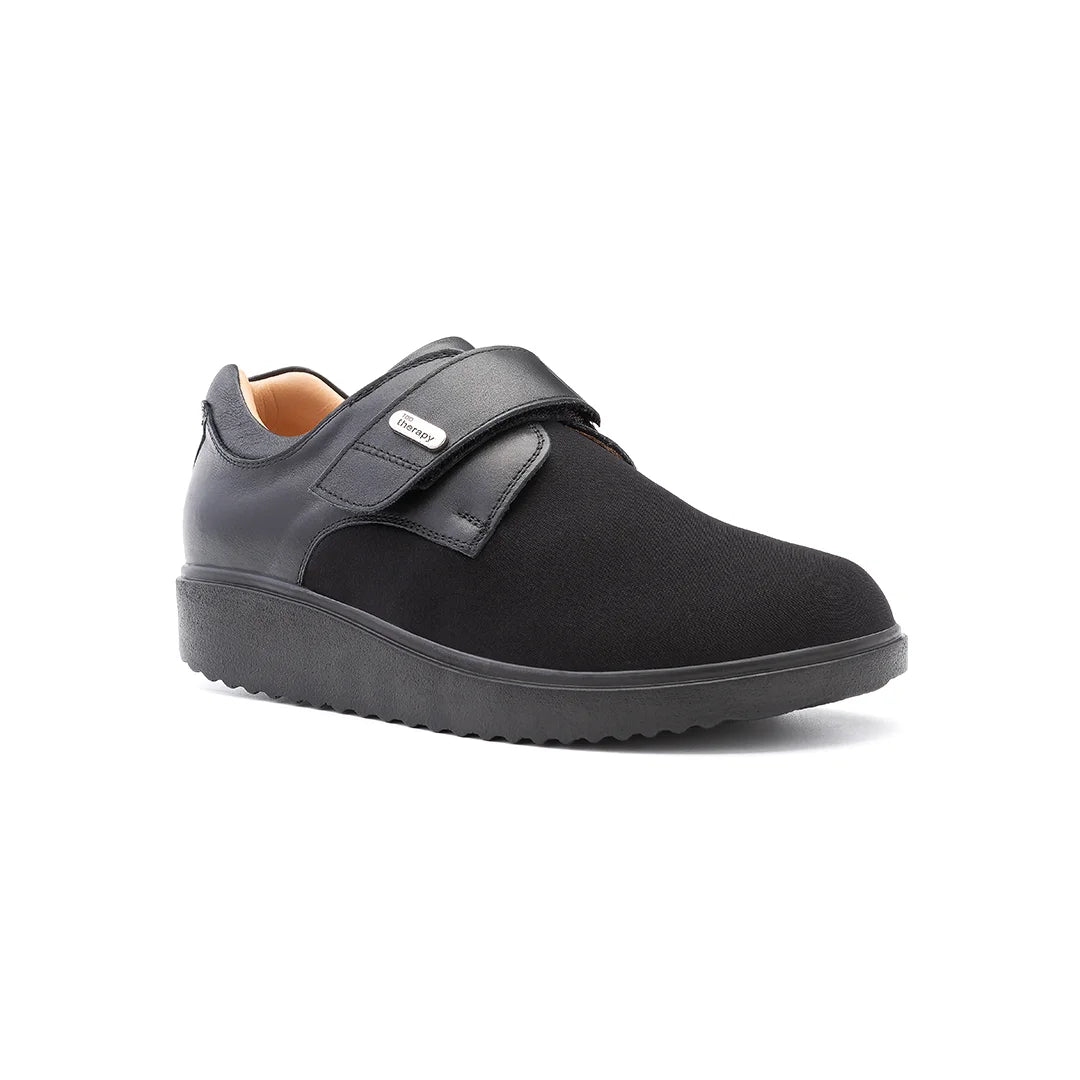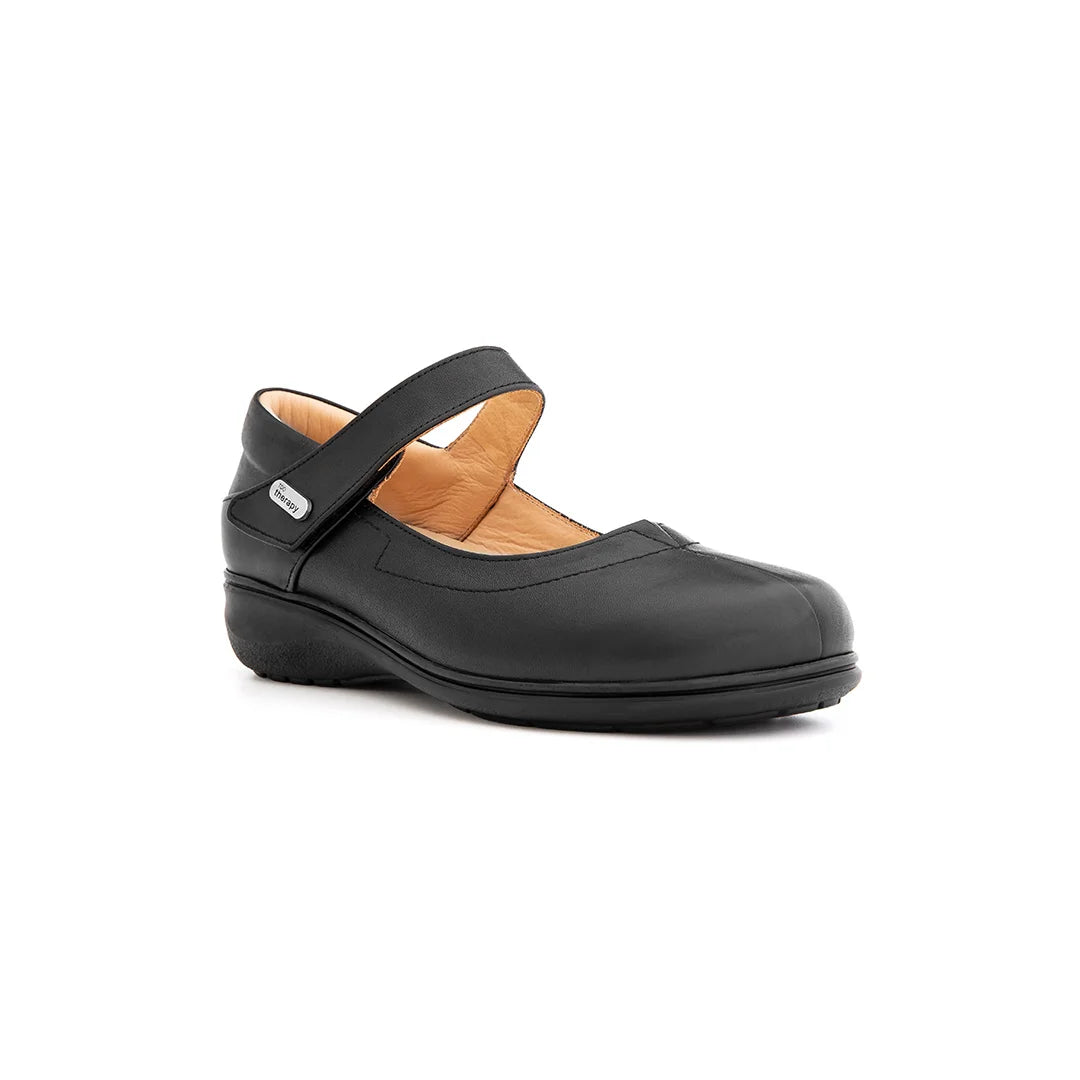Achilles tendinitis is a common disorder that affects the Achilles tendon and produces discomfort and inflammation. It can greatly limit our mobility and daily activities. While several elements influence its growth, one that is frequently ignored is the choice of footwear. The shoes we wear have a significant impact on whether or not Achilles tendonitis gets better or gets worse. In this blog, we'll examine the value of appropriate footwear and how bad decisions can make this issue worse.
The largest and sturdiest tendon in the human body, the Achilles tendon, joins the calf muscles to the heel bone. The condition known as Achilles tendinitis results from this tendon becoming inflamed as a result of overuse, poor biomechanics, or a rapid increase in physical activity. Just above the heel on the back of the leg, there is discomfort, inflammation, and stiffness that describe this condition.
The Function of Footwear:
During daily activities, footwear plays a critical role in preserving good foot symmetry, cushioning, and support. When it comes to Achilles tendonitis, wearing the incorrect shoes can make the issue worse and make healing take longer.
Lack of Cushioning:
When walking or jogging, lack of cushioning in shoes can cause an increased impact on the Achilles tendon. The inflammation and pain linked to tendinitis can get worse as a result of this extra strain. Choosing footwear with plenty of heel cushioning can assist lessen impact and ease stress on the Achilles tendon.
Absence of Arch Support:
Overpronation or tilting of the foot can be caused by shoes that lack proper arch support. These improper foot mechanics may add to the Achilles tendons stress and impede its recovery. Wearing footwear with the right arch support can help you keep your feet in the correct position and ease tendon stress.
Inflexible Soles:
Shoes with hard or inflexible bottoms restrict the foot's normal range of motion, which forces the Achilles tendon to work overtime to make up for the lack of flexibility. Added stress and ailment exacerbation may result from this. Choose footwear with flexible soles so that you can move your feet properly and avoid putting the Achilles tendon under undue strain.
Unsuitable Fit:
Unsuitable shoes can cause friction, pressure points, and instability, all of which can aggravate the symptoms of Achilles tendonitis. Too-tight shoes can compress the tendon, while too-loose shoes can cause severe friction. The best comfort and the least chance of the problem getting worse are ensured by selecting shoes that fit properly, both in terms of length and width.
Keep in mind that wearing the proper footwear, as recommended by TDO Therapy, not only adds to overall foot health and wellness but also assists in controlling Achilles tendinitis. Put on the appropriate footwear and move forward with a pain-free and more comfortable lifestyle.



